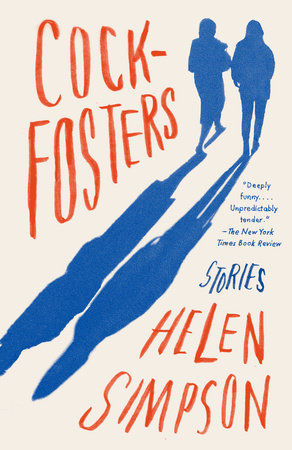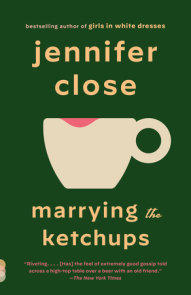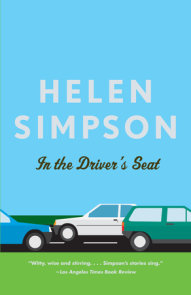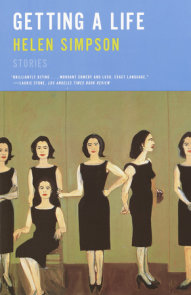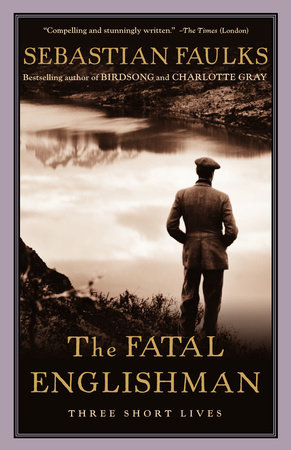

Cockfosters
By Helen Simpson
By Helen Simpson
By Helen Simpson
By Helen Simpson
Part of Vintage Contemporaries
Category: Literary Fiction | Women's Fiction | Short Stories
Category: Literary Fiction | Women's Fiction | Short Stories

-
$21.00
Sep 04, 2018 | ISBN 9780525563624
-
Jun 06, 2017 | ISBN 9780451493088
YOU MAY ALSO LIKE
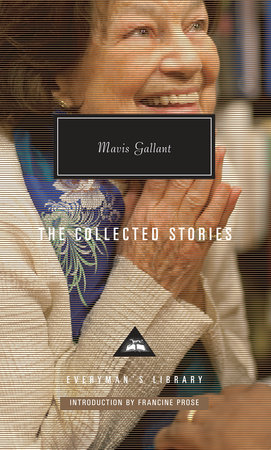
The Collected Stories of Mavis Gallant
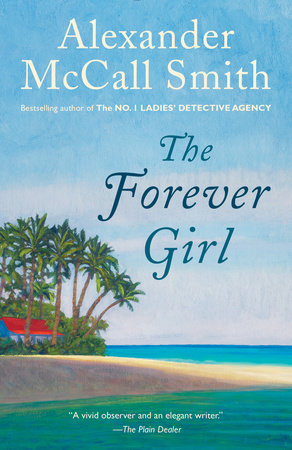
The Forever Girl
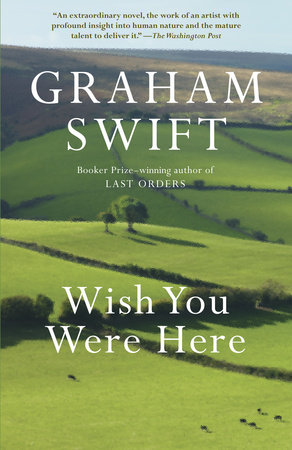
Wish You Were Here
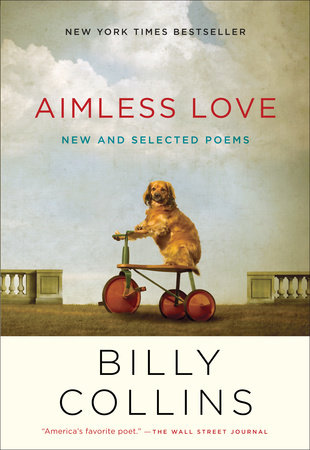
Aimless Love
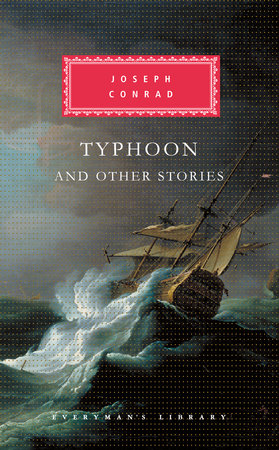
Typhoon and Other Stories
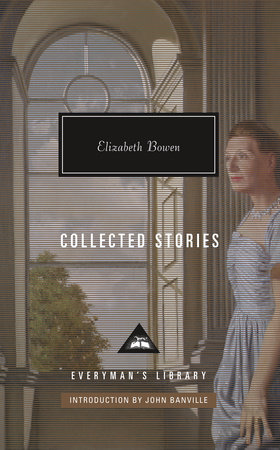
Collected Stories of Elizabeth Bowen
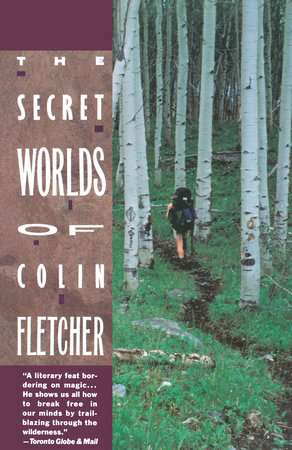
Secret Worlds of Colin Fletcher

Two Moons
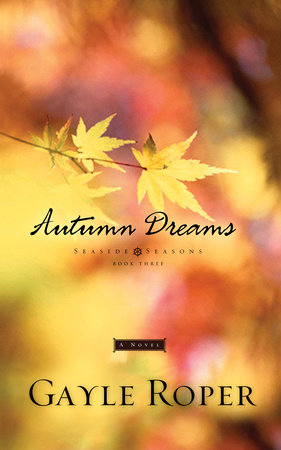
Autumn Dreams
Praise
“Memorable characters, comic timing, originality, economy and poignancy. . . . The reader thanks Simpson’s eye and ear for such generosity.” —The New York Times Book Review
“England’s best living short-story writer.” —The Boston Globe
“Powerful. . . . The warmth and humour of Simpson’s writing is coupled with a sharp-eyed clarity and a steady gift for the descriptive detail.” —Financial Times
“Tenderly measured, and entirely human. It’s this tightrope balance between our outer lives and inner expanses that continues to make her writing sing.” —The Guardian
“Wonderful. . . . A vital (and pleasurable) voice. . . . Her understated yet insightful conjuring of characters’ pains and fears strikes to the icy core of universal truths.” —The Independent on Sunday
“Elegant fable-like pieces. . . . Truthful, funny and sharp. . . . Gently ground-breaking.” —The Sunday Times (London)
“Reading Simpson’s stories makes you feel less alone in the world.” —Literary Review
“Remarkable. . . . Joy and its flipside, pain, are frequently glimpsed together . . . Simpson has a fine ear for the cadence of everyday speech and for the truths that may lie behind the most mundane of expressions.” —The Times Literary Supplement (London)
“Witty, hilarious and deeply discomfiting.” —The Spectator
“Uplifting and sensitive tales. . . . Examines the preoccupations of middle-age—jobs, ageing, friendship—with warmth, wit and breathtaking artistry.” —Daily Mail
“Witty, incandescent. . . . Invigorating and inspiring.” —New York Journal of Books
“Far-reaching and timeless, addressing matters of loyalty and mortality that are universal and deeply human. Simpson’s stories pack a quiet emotional power that extends beyond their pages.” —Kirkus Reviews (starred)
“Universal insights arise out of the ordinary. . . . With wit and keen perception, [Simpson] tackles the cultural assumptions, versus true experience, of middle age in everyday situations.” —Booklist
21 Books You’ve Been Meaning to Read
Just for joining you’ll get personalized recommendations on your dashboard daily and features only for members.
Find Out More Join Now Sign In






